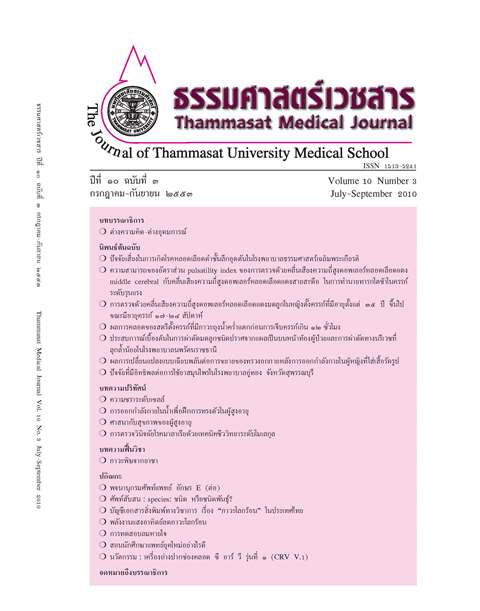Aquatic exercise to improve balance in the elderly
Keywords:
Balance, Elderly, Aquatic exerciseAbstract
The control of balance relies on many factors, which are vision, vestibular sense, proprioception, musclestrength and reaction time. With increasing age, there is a progressive loss of these system functions which cancontribute to balance deficits and high risk of falls. Balance disorders represent a growing public health concerndue to the association with fall and fall - related injuries, particularly in regions of the world in which high proportionsof the population are elderly. The lower limb muscle weakness is a major risk factor of fall in elderly. Aquaticexercise to improve balance in elderly is the alternative exercise using the water properties. Buoyancy force helpssupporting the body weight, decreasing compression force on the knee joint and moving easily. The turbulence flowis the water resistance that elderly have to control the balance against it. Water environment also decreases riskof falls due to the viscosity that supports the body while falling. Therefore, the elderly have more time to controltheir balance. Nevertheless, more studies on the effects of aquatic exercise on balance in the elderly are neededto clarify these effects.
Key words: Balance, Elderly, Aquatic exercise



